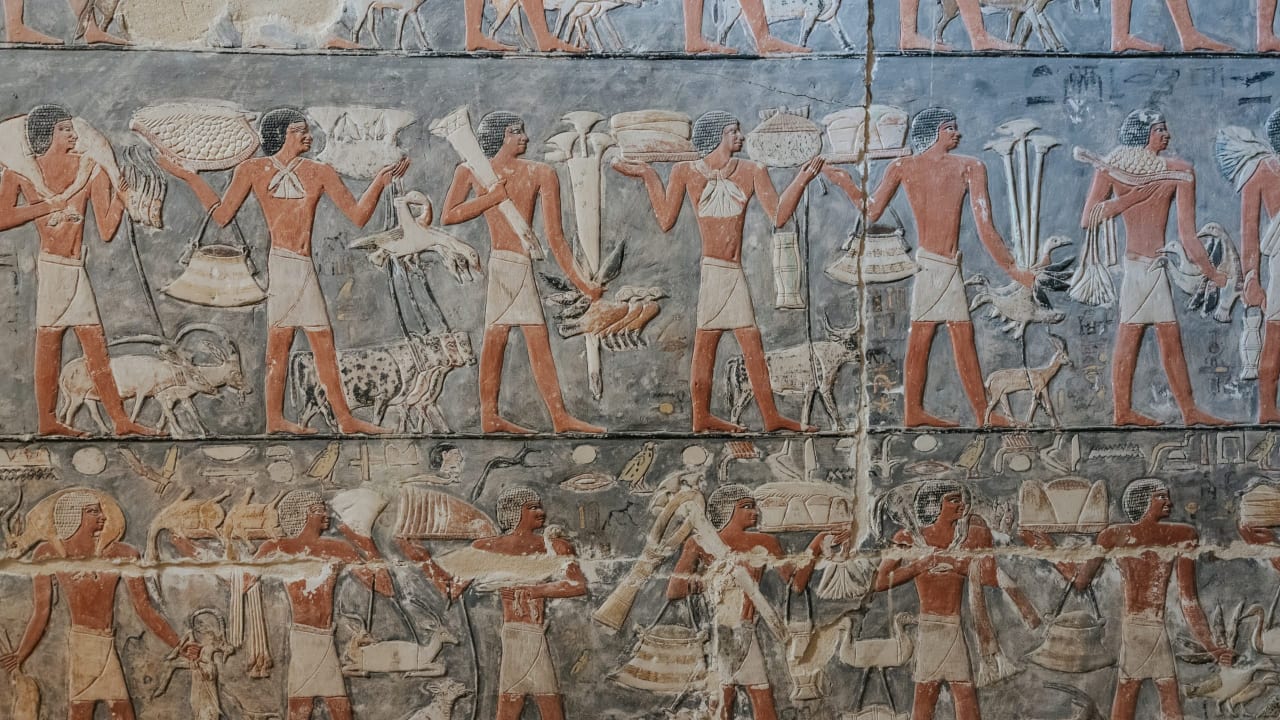We bring news that matters to your inbox, to help you stay informed and entertained.
Terms of Use and Privacy Policy Agreement
WELCOME TO THE FAMILY! Please check your email for confirmation from us.
The chief of the Egyptian Antiquities Service’s foreign missions has informed a team of Dutch archaeologists they were prohibited from excavating Egypt’s Saqqara necropolis.
Egypt has forbidden archaeologists from excavating at a grave site after becoming enraged by their “Afrocentric” approach “falsifying history.”
The chief of the Egyptian Antiquities Service’s foreign missions recently sent an email to the National Museum of Antiquities (RMO) in Leiden, Netherlands, following the debut of its “Kemet: Egypt in Hip-Hop, Jazz, Soul & Funk” exhibition, according to CNN.
In the email, the chief informed archaeologists from the Dutch museum that they were prohibited from excavating Egypt’s Saqqara necropolis. For nearly 50 years, the museum has conducted annual excavations at the site. The most recent one occurred just months ago, between Feb. 19 and March 23.
“The Rijksmuseum van Oudheden has been working at Saqqara since 1975,” said Wim Weijland, the museum’s managing director, CNN reported. “For the upcoming season, the museum has been denied the permit to excavate here.”
Egypt’s oldest pyramid, the pyramid of Djoser, is located in Saqqara, a burial site nearly 20 miles south of the capital, Cairo, that has also recently been the site of other significant discoveries.
Weijland said that the “presumed ‘falsifying history’ in the current exhibition” is why the permit was denied and that the museum is attempting to begin a dialogue with the Egyptian authorities about the issue.
He noted that the “Kemet” exhibition aims to “show and understand the depiction of ancient Egypt and the messages in music by Black artists,” as well as to “show what scientific, Egyptological research can tell us about ancient Egypt and Nubia.”
The ancient area of Nubia is situated in northeastern Africa and stretches from the valley of the Nile in Egypt to Khartoum in contemporary Sudan. The Nubian Kingdom of Kush, or “Black Pharaohs,” was previously housed in the region.
The museum’s exhibition, which opened in April and will close on Sept. 3, is described on its website as a “journey through music history” that examines “the influence of ancient Egypt and Nubia … in the works of a multitude of musicians of African descent,” including jazz icons such as Miles Davis and modern-day stars like Beyoncé and Rihanna.
Many recent comments on the museum’s social media posts have been from Egyptians who found the exhibition offensive. Some commenters included images of ancient Egyptian artwork that showed lighter skin tones alongside ones with darker tones, the images they say the museum is emphasizing.
In response to the criticism, the museum posted a notice detailing the show’s content, context and objectives on its website, adding that it would delete disrespectful or racist remarks from its social media.
The museum invited guests to “visit the exhibition and form their own opinions,” adding that it “welcomes respectful dialogue on the cultural heritage of Egypt and Nubia.”
TheGrio is FREE on your TV via Apple TV, Amazon Fire, Roku and Android TV. Also, please download theGrio mobile apps today!

